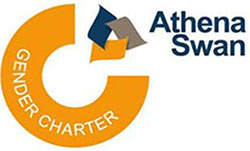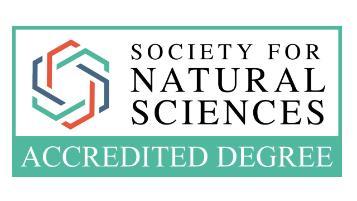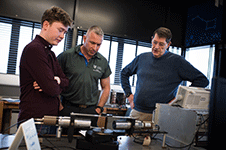School of Natural Sciences
Studying at the intersection of diverse research communities, our Natural Science students learn to think independently and apply their skills across disciplinary boundaries. Our internationally renowned expertise informs research-led teaching that combines subjects through well-structured pathways that highlight the interplay between areas of study. Our students build a valuable toolkit of transferable skills that appeals to a variety of employers.
Following a recent review of provision, the School of Natural Sciences will close to new applicants from September 2024. September 2023 will be the final intake of students.
You can still study science at York through innovative and interdisciplinary programmes in the following departments:
- Department of Biology
- Department of Chemistry
- Department of Environment and Geography
- Department of Mathematics
- School of Physics, Engineering and Technology
Accreditation
All of the degree programmes offered by the School of Natural Sciences are accredited by the Society for Natural Sciences. This means that our programmes have achieved the standards set out in the Society’s accreditation framework and are recognised as offering outstanding quality interdisciplinary science education, providing students with excellent learning opportunities and skills development to prepare them for future careers in research, education, business or industry. Our accredited Natural Sciences degrees ensure that a defined set of attributes and skills in the core science subjects are achieved by all students. The accredited degrees will be recognised by employers and professional organisations, as developing theoretical knowledge and practical skills in the science subjects, while also enhancing interdisciplinary and transferable skillsets.
Gender equality

The Athena Swan charter recognises the advancement of gender equality: representation, progression and success for all. All contributing departments in the School of Natural Sciences hold an Athena Swan award.

.png)



